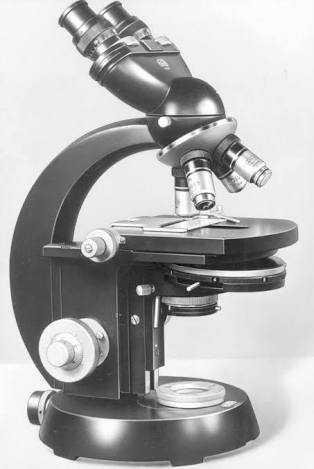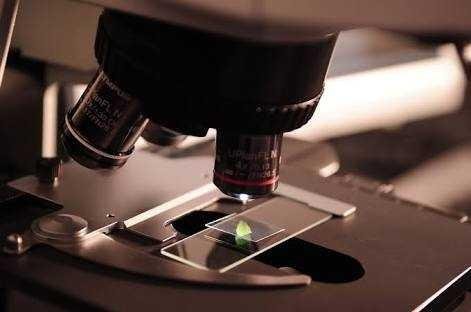HISTORY OF CELL DISCOVERIES

Image source:Flickr
After the first observations of life under the microscope, it took two centuries of research before the cell theory; the idea that all living things are composed of cells or their products were formulated. It proved even harder to accept taht individual cells also make up nervous tissue.
The Jesuit priest Athanasius Kircher (1601-1680) showed , in 1658, that maggots and other living creatures developed in decaying tissues. In the same period, oval red-blood corpuscles were described by 15the Dutch naturalist Jan Swammerdan (1637- 1680), who also discovered that a frog embryo consists of globular particles.

image source:Pexels
Another new world of extraordinary variety of microorganisms, was revealed by the exciting investigations of another Dutchman, Antoni van Leeuwenhoek(1632-1723). The particles that he saw under his microscope were motile and, assuming that motility equates to life, he went on to conclude in a letter of 9th of October 1676 to Royal Society, that these particles were indeed living organisms. In a long series of papers van Leeuwenhoek then described many specific forms of these microorganisms (which he called animacules). Including protozoa and other unicellular organisms. Under the microscope: drawings of the instruments used by Robert Hooke(right) (reproduced from Micrographia, 1665).
But the first description of the cell is generally attritbuted to Robert Hooke (1635-1702), an English physicist who sae also a distinguish microscopist. In 1665 Hooke published Microgralhia, the first important work devoted to microscopical observation, and showed what the microscope could mean for naturalists.
He described the microscope units that made up the structures of a slice of cork and coined the term cells or pores to refer to these units. Cella is latin word meaning a small room and Latin speaking people applied the word Cellulae to the six-sided cells of the honeycomb. By analogy,Hooke used the word differently to later cytologists(he thought of the cork cells as passages for fluids involved in plant growth),the modern term cell comes directly from his book
Congratulations @omotee8! You received a personal award!
Click here to view your Board
Congratulations @omotee8! You received a personal award!
You can view your badges on your Steem Board and compare to others on the Steem Ranking
Vote for @Steemitboard as a witness to get one more award and increased upvotes!